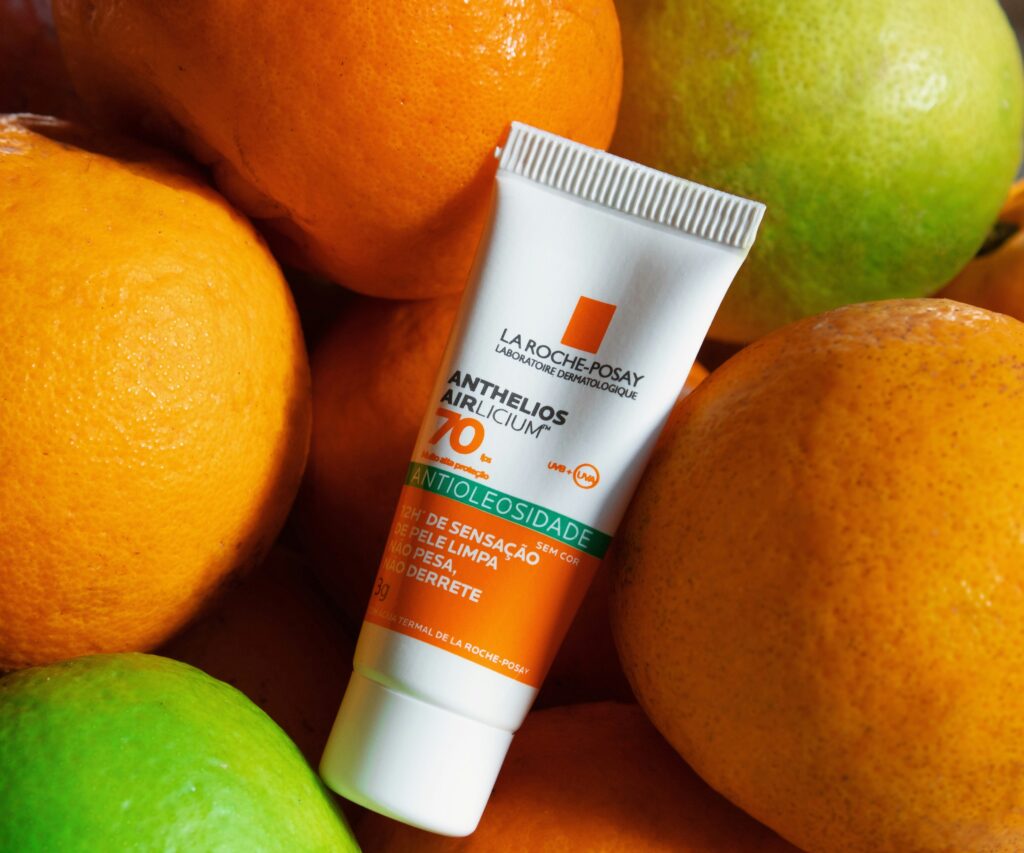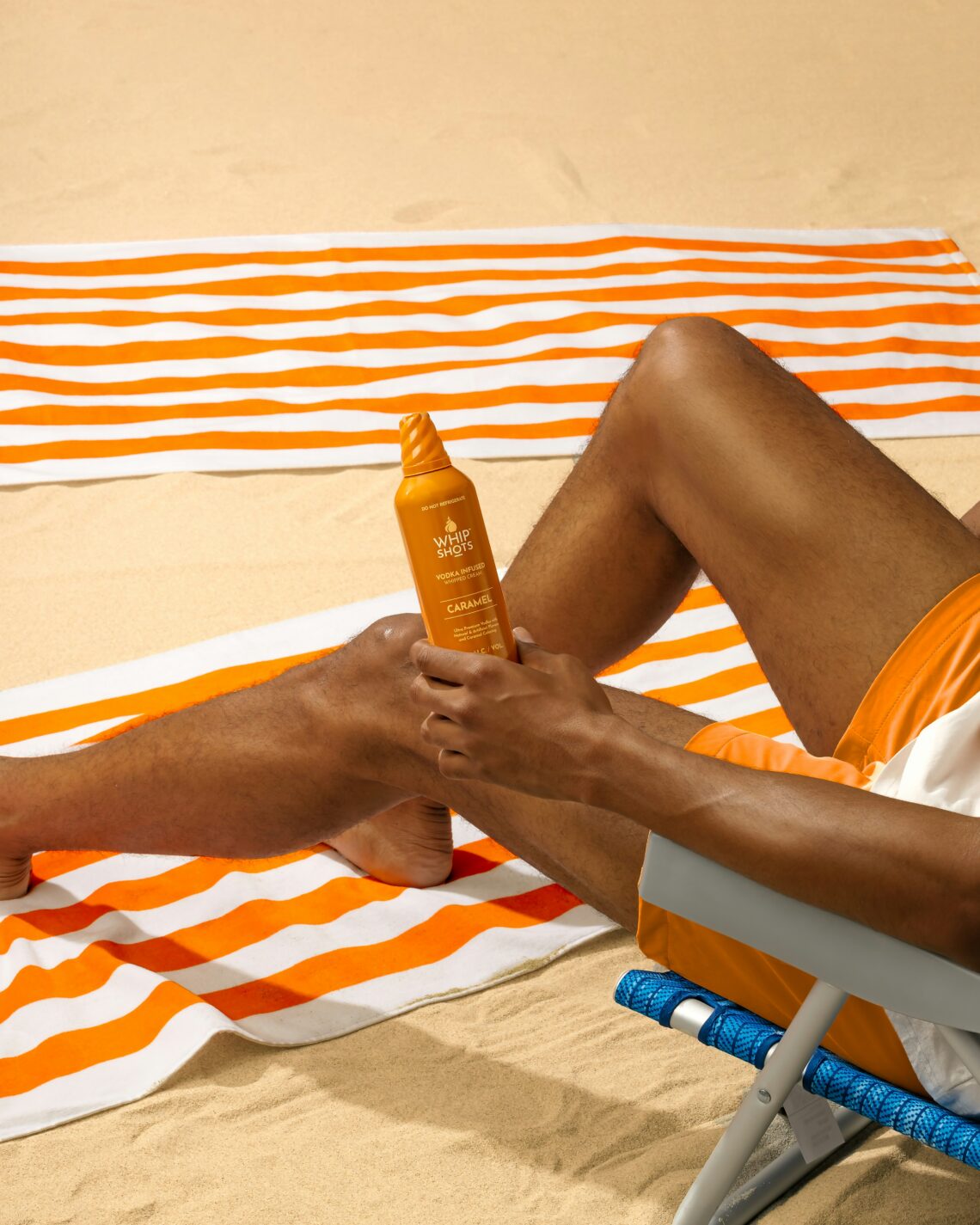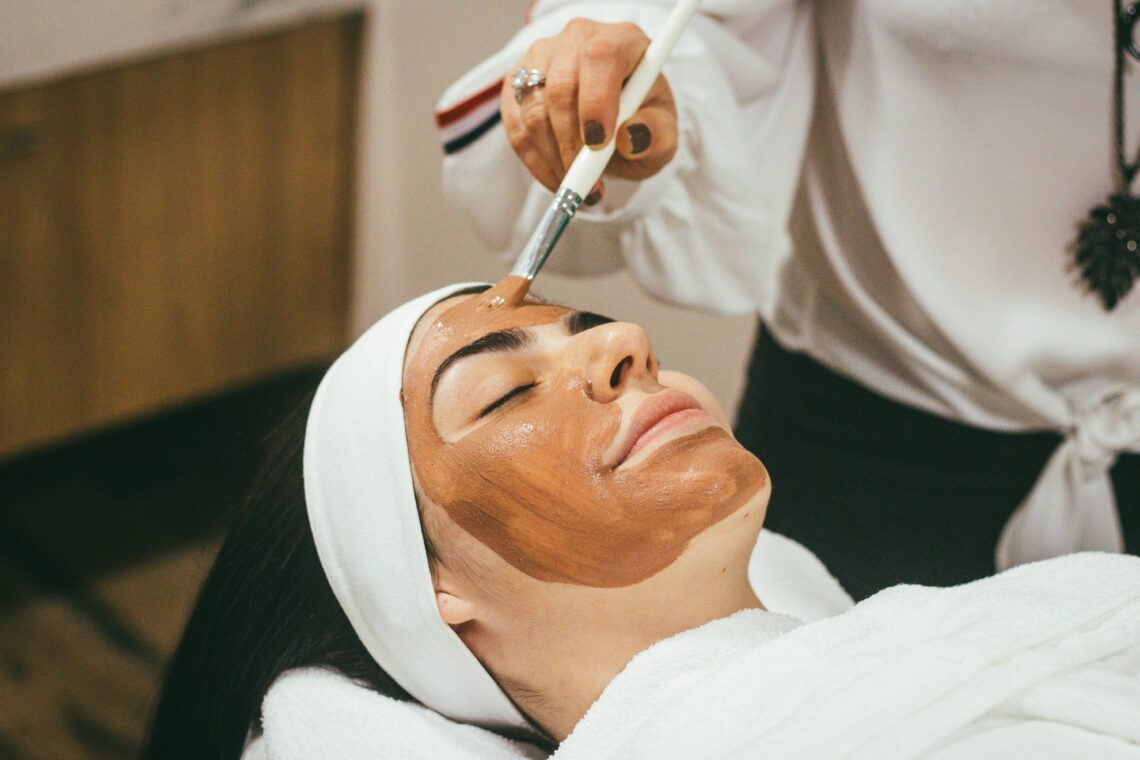Taking care of your skin is important, especially when it comes to protecting it against the sun. Wearing sunscreen is the easiest and best way to protect your skin from sunburn, skin cancer and premature aging. Sunscreen is important and should be worn by everyone – men, women and kids above the age of 6 months old. If you are a man struggling to figure out what sunscreen work the best for you, keep reading. In this article, we will explain and show the differences in sunscreen, how you should apply it and how often you should use it.
What Is SPF and Why Is It Important?
SPF stands for Sun Protection Factor and it represents how well a sunscreen is able to protect the skin against ultraviolent light (UV) – both UVB rays and UVA rays. UVB rays cause sunburns and skin cancer, and UVA rays cause skin cancer and skin aging. A proper sunscreen can protect the skin against both UVB and UVA rays. As for why it is important to wear sunscreen, the bottom line is that it will protect your skin from sunburn, skin aging and most importantly skin cancer.
The main benefits of properly using sunscreen is that it can:
- Decrease the risk of skin cancer.
- Help prevent premature skin aging like wrinkles, sagging and age spots.
Types Of Sunscreens and Important Ingredients To Look For
There are many different types of sunscreens that exists – some are tinted, some are regular, some are made for kids and some for adults. Choosing the right kind of sunscreen can be hard if you do not know where to start. Before even attempting to find the right sunscreen for men, it can be wise to read up on the differences in the sunscreens.
Tinted sunscreens: A tinted sunscreen is a sunscreen that provides coverage at the same time as it contains a hint of pigment to a sheer tint to your skin, matching the sunscreen to your own skin tone kind of like a very sheer foundation. If you want to cover up imperfections in your skin and have your skin looking healthy and glowing whilst protecting it from sun damage, then a tinted sunscreen might be perfect you! If you want, you can read more about tinted sunscreens here
Regular sunscreen: Is a sunscreen that just focuses on sun protection, it does not contain any pigment and will not provide coverage that matches your skin tone. However, as it is transparent it is suitable for all skin tones. There is a wide range of regular sunscreens and they all focus on protecting the skin against sun damage whilst also catering to different skin types.
Physical (mineral) sunscreen: is a type of sunscreen that includes active ingredients that blocks and scatters the sun rays before they penetrate your skin, and contains minerals like titanium dioxide and zinc oxide.
Chemical sunscreen: is a sunscreen that absorbs the UV rays before they damage your skin and contain ingredients like avobenzone and octisalate.
Now, knowing what kinds of sunscreens there are and what kinds of active ingredients and minerals to look for, it is time to find the right sunscreen for you!
Choosing The Right Sunscreen For You
Choosing the right sunscreen for you can be hard and time consuming. The easiest and perhaps best way to choose a sunscreen is to first think about your own needs. Here are some things to consider:
- Are you staying mostly indoors or outdoors? SPF 15 is ideal for every day when you have an occasional exposure to the sun like when you are walking your dog or driving to work whilst SPF 30 or higher is ideal for when you are doing extended outdoor activities like hiking or if you work outdoors.
- Does the sunscreen have broad spectrum? In order to protect the skin against both UVA and UVB rays, the sunscreen needs to have a broad spectrum. Look for the label if you are unsure if the sunscreen is broad spectrum or not.
- Is it water resistant? Depending on if you wear sunscreen when swimming or even intense activity and you sweat excessively, then you might need a sunscreen that is water resistant or very water resistant.
- Your skin cancer risk factor and skin conditions. You might need a higher SPF if you have skin cancer in your family. You can also choose sunscreens based on your skin types, whether that is oily, dry or sensitive.
- Photosensitivity. Are you on medications or do you have a disorder that make your skin more sensitive? Then you might need higher SPF.
When To Apply Sunscreen?
The short answer is every time you go outside!
You should apply sunscreen every day in order to have the best exposure against UVA and UVB rays. The best practice is to apply it 30 minutes before you leave the house (even if its cloudy! The UVA and UVB rays can still reach you), and to reapply it every two hours and immediately after swimming or excessive sweating.

Top Recommended Sunscreen For Men
The following list consists of the most recommended sunscreen for men– they can be used by anyone but are perhaps more relevant for men as it does not include any tinted sunscreens.
- Alturist Dermatologist Sunscreen Fluid SPF 50:
- Broad spectrum and SPF 50. Super-light formulation, moisturising anti-oxidant sunscreen with Vitamin E to prevent cellular damage, reduces the risk of skin cancer and premature skin aging. Hypoallergenic, fragrance free, non-greasy, water-resistant and non-comedogenic. Suitable for acne-prone and sensitive skin.
- La Roche-Posay Anthelios Clear Skin Sunscreen For Oily Skin SPF 60
- Broad Spectrum and SPF 60. Oil-free, for acne-prone skin. Helps absorb excess oil, reduce shine, no breakouts, water resistant up to 80 minutes. Formulated and rested for skin tolerance and sensitive skin. Recommended for normal, oily, combination and acne-prone skin.
- La Roche Posay Anthelios XL SPF 50+ Ultra-Light Fluid
- Broad spectrum and SPF 50. Ultra-resistant formula that is water, sweat and sand resistant. Non-greasy and hypo-allergenic. Suitable for all skin types, especially sensitive skin.
- Dr. Dennis Gross Skincare Dark Spot Sun Defense Sunscreen SPF 50
- Broad Spectrum and SPF 50. Hydrating, antiaging sunscreen that reduce the appearance of dark spots, uneven skin tone and aging. Formulated with melatonin and three forms of vitamin c and vitamin e. Hydrates and improves skin elasticity. Recommended for all skin types.


